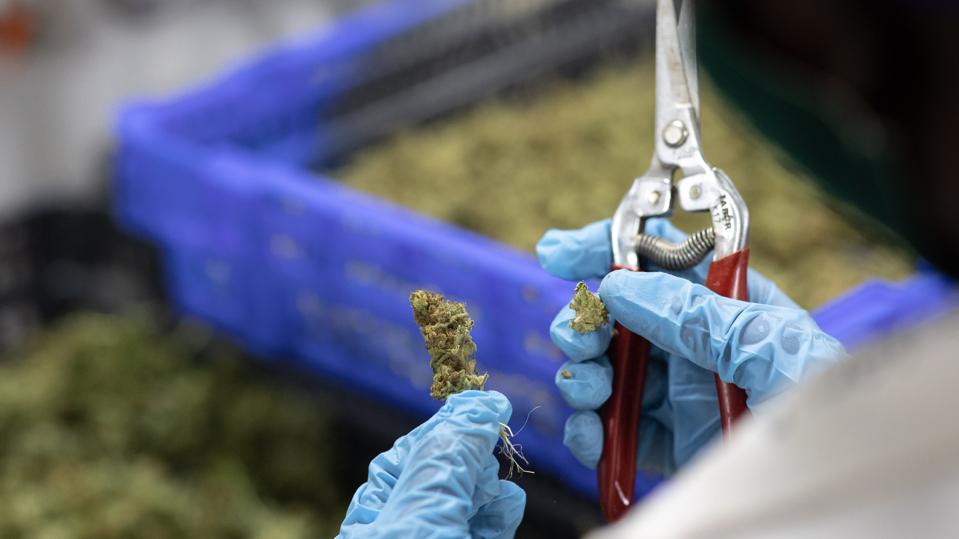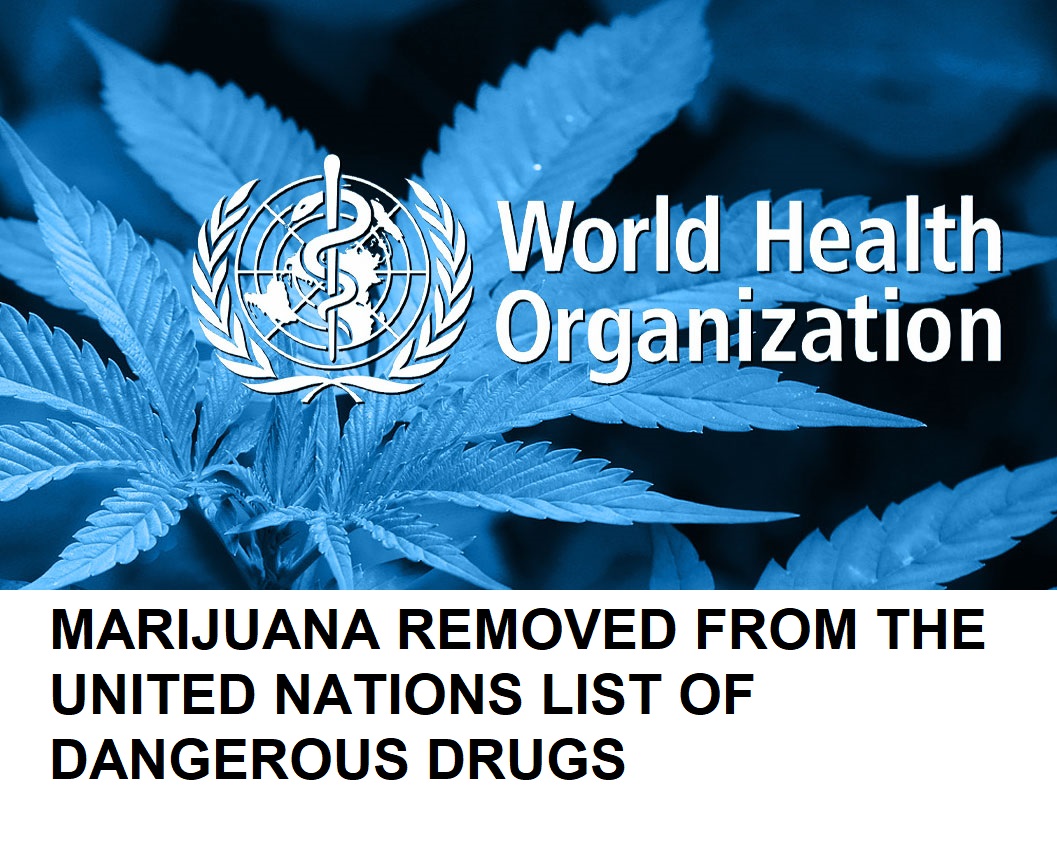A United Nations commission has finally decided that medicinal cannabis is less dangerous than risky narcotics such as heroin. The long-delayed decision paves the way for further research and strengthens legalization efforts.
The Vienna-based Commission for Narcotic Drugs voted to remove marijuana for medical use from a category that includes many of the world’s most dangerous drugs, including highly addictive opioids.
The long-delayed decision reclassifies cannabis and its derivatives and it clears the way for further investigation of marijuana’s medical and research capabilities. The development is a symbolic win for marijuana advocates who argue that many countries’ policies around the drug are out of date.
Cannabis consultant Jessica Steinberg told the New York Times that while the legal marijuana market in Europe and the US is driving legalization policy, Wednesday’s UN vote could have its most lasting effect on countries in Asia and the Caribbean.
“Something like this does not mean that legalization is just going to happen around the world, [but] it could be a watershed moment,” she said.

Prior to Wednesday’s vote, cannabis and cannabis resin had been listed alongside drugs such as heroin, methadone, morphine, opium and cocaine.
The UN Commission for Narcotic Drugs includes 53 member states, and the vote on marijuana reclassification was very close, passing by a 27 to 25 margin (with an abstention from Ukraine).
The United States and the vast majority of European nations voted in favor.
China, Pakistan and Russia were among the countries that were opposed to the reclassification.
The commission also considered five other recommendations (such as placing specific THC pharmaceutical preparations in Schedule III of the 1961 treaty), but none of the other five garnered enough support to pass.
Four U.S. states (New Jersey, South Dakota, Montana and Arizona) voted to legalize recreational marijuana in last month’s elections, which brings the total number of states which have legalized recreational cannabis use to 15. Two other states (Mississippi and South Dakota) voted to make medical marijuana legal, bringing that total to 35. According to the Pew Research Center, 91% of Americans said they supported the legalization of marijuana, either for both medical and recreational use or solely for medical use.
$34 billion. The market for medical and recreational marijuana is projected to increase to more than $34 billion by 2025, according to analysts at the investment bank Cowen.

COMMENTS